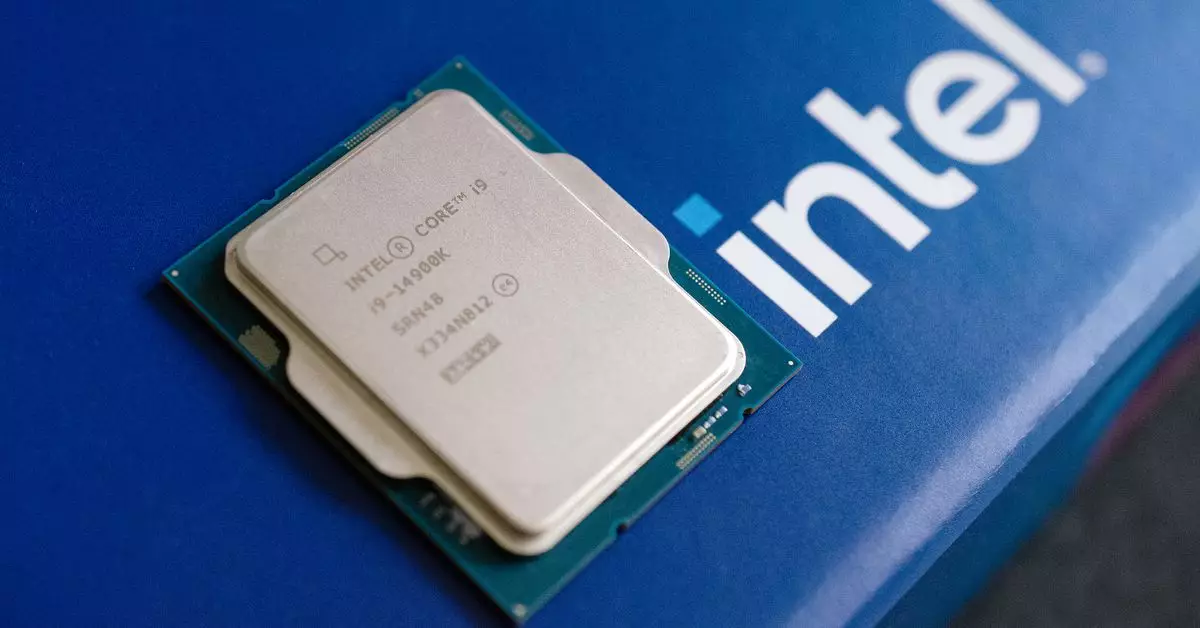Intel has recently made waves in the tech community with its announcement regarding a microcode update designed for its 13th and 14th Gen Raptor Lake processors. This update is crucial as it addresses a significant issue: the possibility of these chips undergoing permanent damage due to erratic power demands. For users experiencing crashes, this news doesn’t seem to offer an immediate solution, as chips that have already begun failing remain without a fix. Instead, the spotlight is on the new microcode version 0x12B, which motherboard manufacturers will need to implement.
The core of the problem revolves around the processors demanding excessive power even during low-stress conditions, such as idle states or simple tasks. Such behavior can lead to overheating and accelerated degradation of the chips. By releasing microcode 0x12B, Intel aims to control these power requests, mitigating one primary cause of hardware damage. The potential for this update to prolong the lifespan of affected CPUs cannot be understated, yet the real challenge lies in how quickly motherboard manufacturers can validate and deploy the necessary BIOS updates following this change.
What Users Should Do in Response
Intel has cautioned that the rollout of the BIOS updates could extend over several weeks, placing users in a precarious position. However, those who own impacted Raptor Lake processors should not wait idly for firmware updates. The tech community has seen prior BIOS updates that included earlier fixes for similar issues and offered better power settings aimed at enhancing stability and performance. Therefore, checking for available updates should be a priority for any owner of these processors.
For users whose systems are already crashing, the advice is straightforward: don’t waste time on BIOS updates. Instead, it’s recommended to contact Intel or the retailer for returns or exchanges under the extended warranty put in place for such disasters. This advice is driven by the urgency of protecting consumer interests, especially in a landscape where hardware failures can lead to severe data loss and system instability.
Despite the updates, several questions linger regarding the extent of the damage caused by these power issues. Intel has yet to disclose specific numbers about affected Raptor Lake chips and did not clarify which batches might have been compromised by earlier oxidization problems. Given the lack of transparency, there is reasonable concern among users. Furthermore, Intel has previously declared that its Raptor Lake laptop processors were not experiencing similar voltage irregularities. Yet, anecdotal reports have surfaced suggesting some laptop users might face comparable instability.
The onus is on Intel to ensure their customers are informed and compensated adequately for the shortcomings of their products, especially as the tech world continues to evolve rapidly. As this situation develops, users will be closely monitoring how Intel addresses these ongoing challenges and whether they can safeguard their investments in the long run.


Leave a Reply